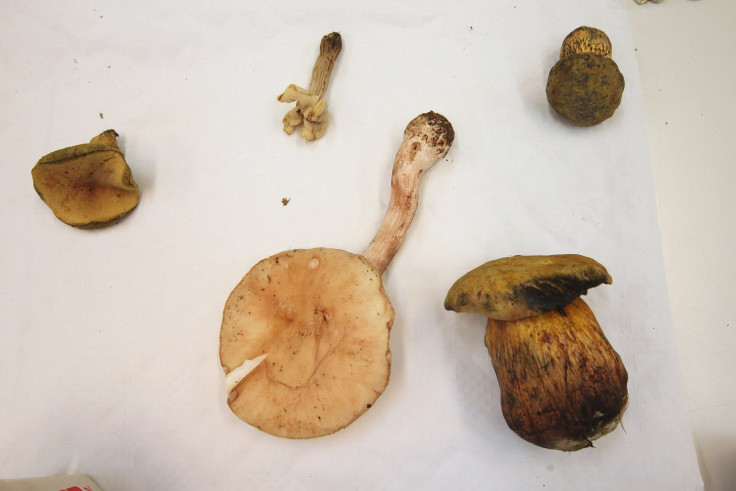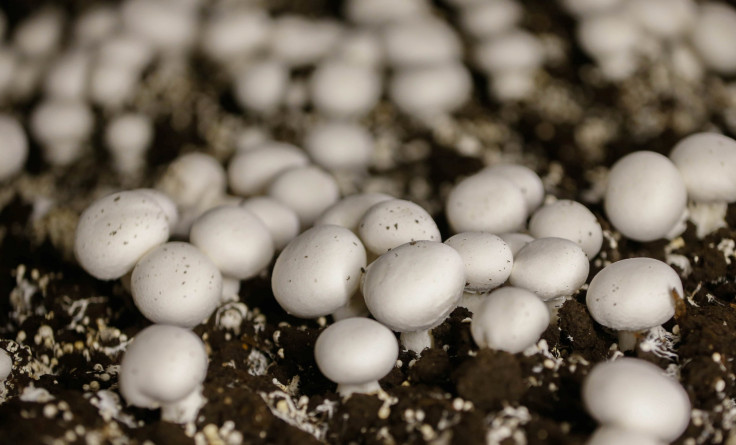Does Eating Mushrooms Lower Prostate Cancer Risk?

The first clinical study of its kind suggests regularly eating mushrooms might diminish a person's risk of developing prostate cancer.
The study conducted in Japan is the first to look at the relationship between mushroom consumption and the incidence of prostate cancer within a population. It comes amid an increasing body of knowledge that’s beginning to identify the potential disease-fighting capabilities inherent in mushrooms.
One study conducted in 2012 made the astounding claim that certain compounds in mushrooms have anticancer, anti-inflammatory and anti-diabetic properties, among others. However, only one previous human trial investigated a link between mushrooms and its effect on prostate cancer.
In this new Japanese study published in the International Journal of Cancer, researchers took data from the Miyagi Cohort Study and the Ohsaki Cohort Study. They had access to data from 36,499 Japanese men between the ages of 40 and 79 years. These individuals were followed for a median of 13.2 years.
There were 1,204 cases of prostate cancer during the follow-up period. This came to 3.3 percent of participants.
One of the major conclusions of the study is those that ate mushrooms one or two times each week had an 8 percent lower relative risk of prostate cancer compared to those that ate mushrooms less than once a week.
The study also revealed those that ate mushrooms three or more times each week had a 17 percent lower relative risk of prostate cancer.
For some of the study participants, the mushroom extract reduced levels of prostate specific antigen (PSA), which is the primary biomarker for prostate cancer, and boosted the body's immune response to this cancer.
The study said mushrooms might have an effect against prostate cancer because of their antioxidants. It noted some mushrooms contain L-ergothioneine and glutathione, which are powerful antioxidants.
"To the best of our knowledge, this is the first cohort study indicating the prostate cancer-preventive potential of mushrooms at a population level," the authors of the study concluded.
This relationship was significant even after controlling for a range of factors such as family history of cancer, alcohol use, tobacco use and coffee intake.
It's worth noting the increase in the incidence of prostate cancer between those eating the fewest mushrooms and those eating the most is just 0.31 percent (3.42 percent compared with 3.11 percent , respectively).
This effect was only significant in men older than 50 years. The authors believe this might be because prostate cancer is much rarer in younger men.

Published by Medicaldaily.com



























